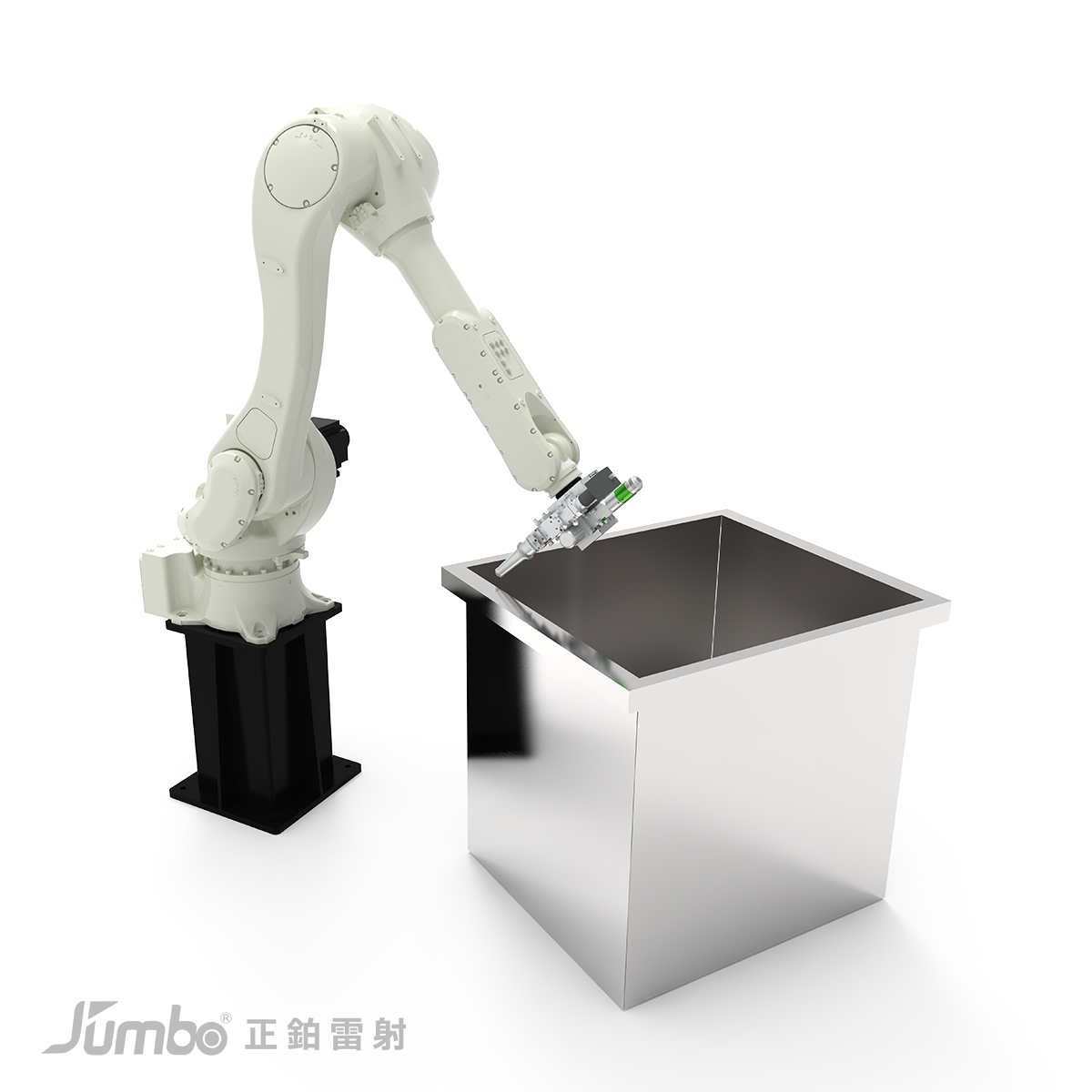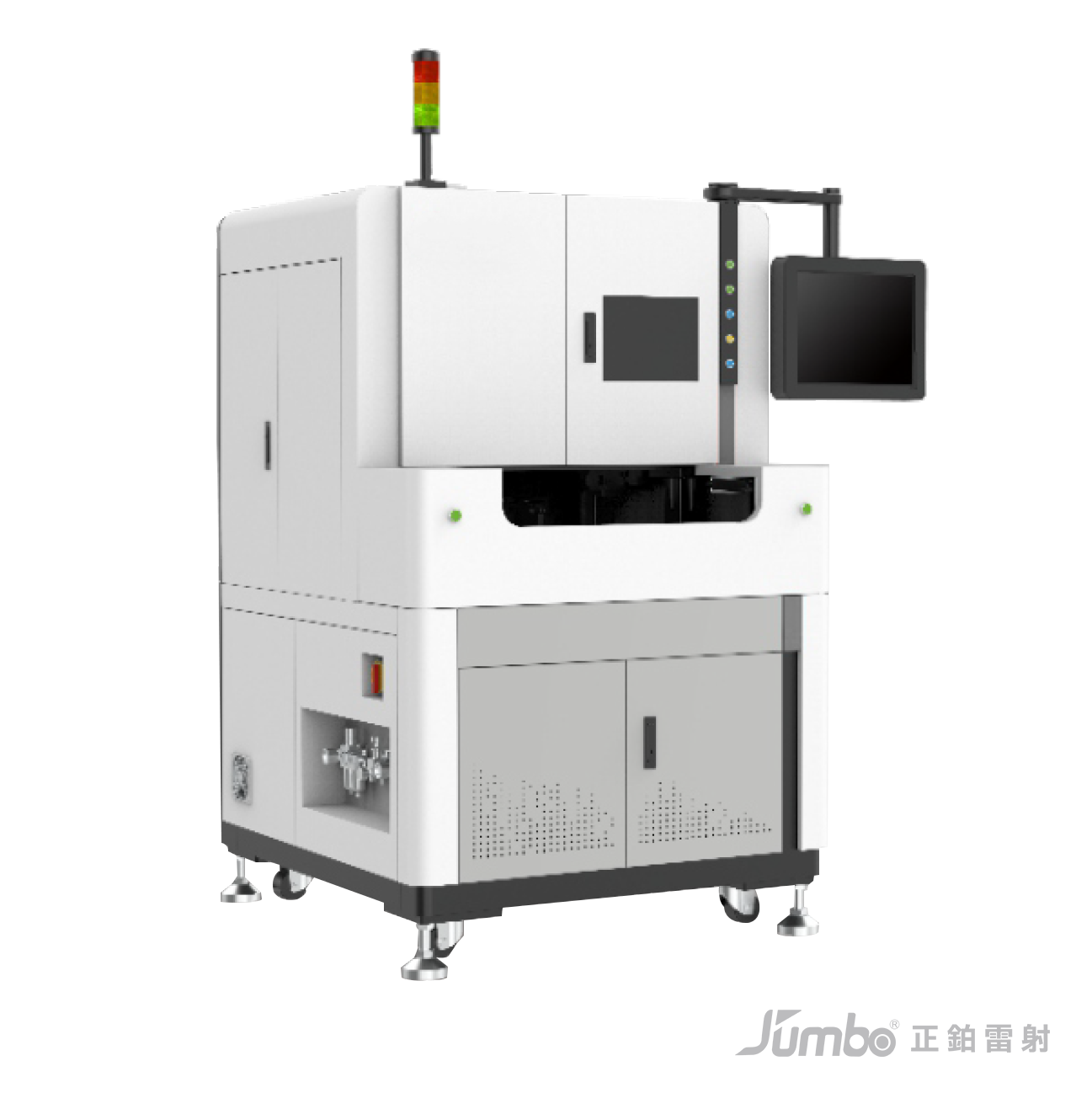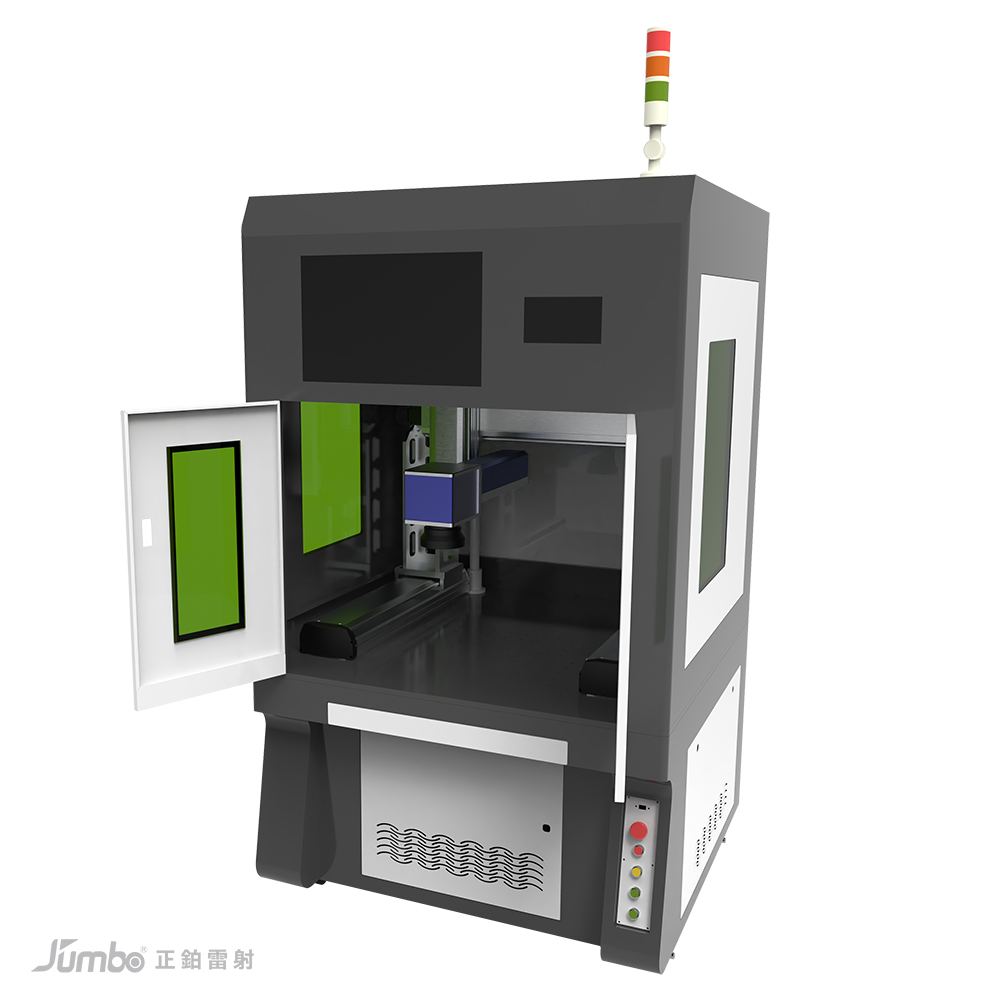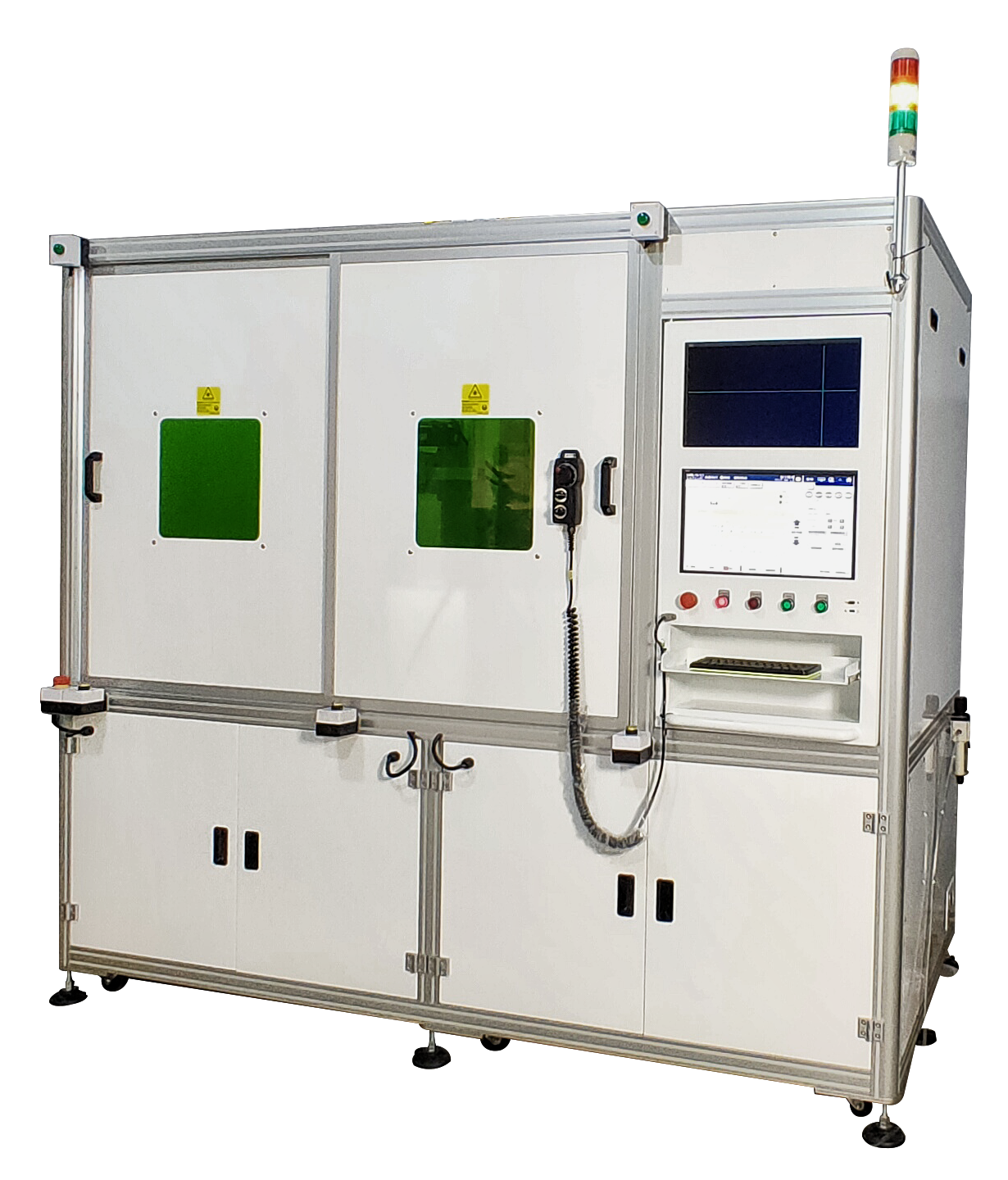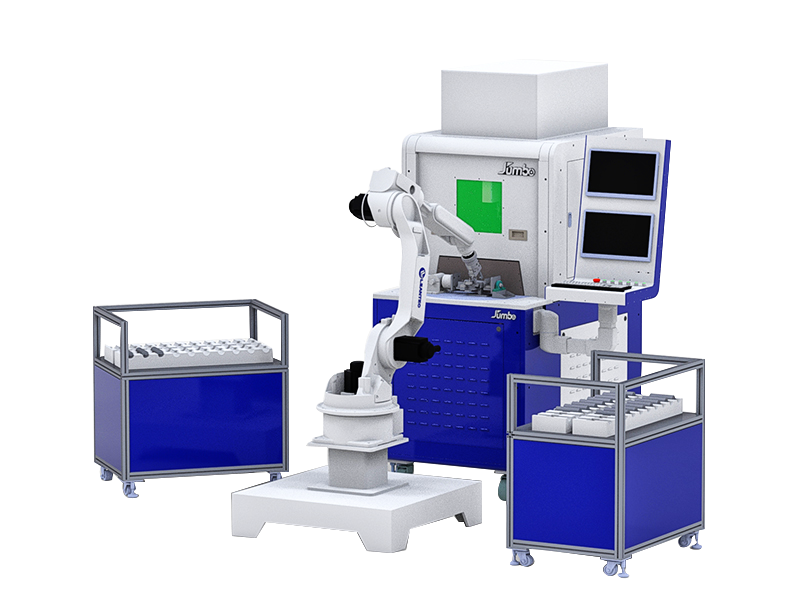To help you make the best choice, we need to understand your welding requirements in detail, including:
Type and thickness of materials
Desired welding depth and width
Daily or monthly production capacity requirements
Existing production line setup
Specific requirements for welding quality, precision, and efficiency
Budget range
Based on this information, Jumbo professional team will recommend the most suitable equipment and configuration for you.

